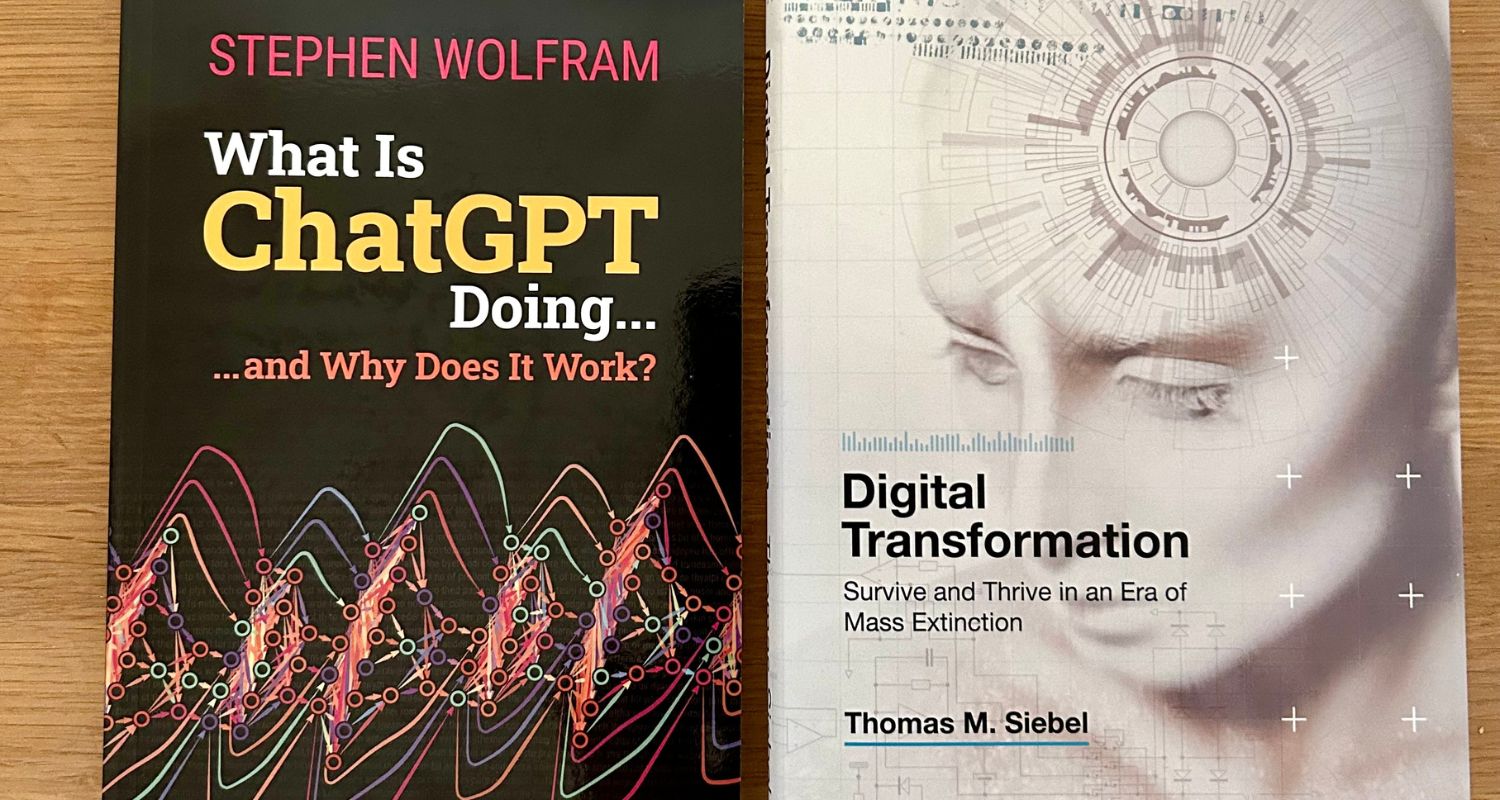
Post #95: Listen to the students
A third of the planet is aged under 20 and half are under 30. If we accept that the young are, self-evidently, a proxy for the future, it pays to listen to them. It was with particular interest then that we read a recently published summary of the views, attitudes and priorities of over 2,200 students globally, as well as those responsible for educating them. “Quality education” is the fourth Sustainable Development Goal of the United Nations and so increasing wellbeing and trust in higher education during a year of such change – the focus for the study – is crucial.
Given that the age cohort in question is more digitally native than any other, it should come as no surprise that communications help students feel connected, a view with which over 75% of those interviewed concurred. Email was listed as the preferred form of communication by students (favoured by 25%), closely followed by video conferencing (23%). Education staff, by contrast, ranked these two media the other way around (34% and 22% respectively), presumably since it represents a more visible form of checking in/up.
Students were emphatic in stating that educational establishments could improve their responses to the pandemic by offering not only more flexibility with grading and course assignments (35% interviewed said they were in favour of this option), but also with the provision of more flexible academic options (a 33% response rate). This would typically mean a combination of online, in-person and hybrid courses. Based on survey responses, only ~20% of all courses are online at present (a figure which seems remarkably consistent across the world). The good news, however, is that ~60% of education staff globally say that their institutions are investing in new modalities (i.e. more online courses).
Interestingly, consensus was split almost evenly between whether the pandemic had changed students’ education plans (51% globally said yes, with American students most supportive of this statement and those in France and the Nordics least). That more education matters is a given, in our view – there is ample data to suggest that better educational attainment has lifelong consequences. What interests us more is how students learn. Not only do educational institutions need to become more flexible (digital), but we expect students increasingly to complement further education with more individualised self-paced and adaptive learning programmes, such as those provided by the likes of Chegg.
26 November 2020
The above does not constitute investment advice and is the sole opinion of the author at the time of publication. Heptagon Capital is an investor in Chegg.
The author of this piece has no personal direct investment in the business. Past performance is no guide to future performance and the value of investments and income from them can fall as well as rise.
Disclaimers
The document is provided for information purposes only and does not constitute investment advice or any recommendation to buy, or sell or otherwise transact in any investments. The document is not intended to be construed as investment research. The contents of this document are based upon sources of information which Heptagon Capital LLP believes to be reliable. However, except to the extent required by applicable law or regulations, no guarantee, warranty or representation (express or implied) is given as to the accuracy or completeness of this document or its contents and, Heptagon Capital LLP, its affiliate companies and its members, officers, employees, agents and advisors do not accept any liability or responsibility in respect of the information or any views expressed herein. Opinions expressed whether in general or in both on the performance of individual investments and in a wider economic context represent the views of the contributor at the time of preparation. Where this document provides forward-looking statements which are based on relevant reports, current opinions, expectations and projections, actual results could differ materially from those anticipated in such statements. All opinions and estimates included in the document are subject to change without notice and Heptagon Capital LLP is under no obligation to update or revise information contained in the document. Furthermore, Heptagon Capital LLP disclaims any liability for any loss, damage, costs or expenses (including direct, indirect, special and consequential) howsoever arising which any person may suffer or incur as a result of viewing or utilising any information included in this document.
The document is protected by copyright. The use of any trademarks and logos displayed in the document without Heptagon Capital LLP’s prior written consent is strictly prohibited. Information in the document must not be published or redistributed without Heptagon Capital LLP’s prior written consent.
Heptagon Capital LLP, 63 Brook Street, Mayfair, London W1K 4HS
tel +44 20 7070 1800
email [email protected]
Partnership No: OC307355 Registered in England and Wales Authorised & Regulated by the Financial Conduct Authority
Heptagon Capital Limited is licenced to conduct investment services by the Malta Financial Services Authority.



